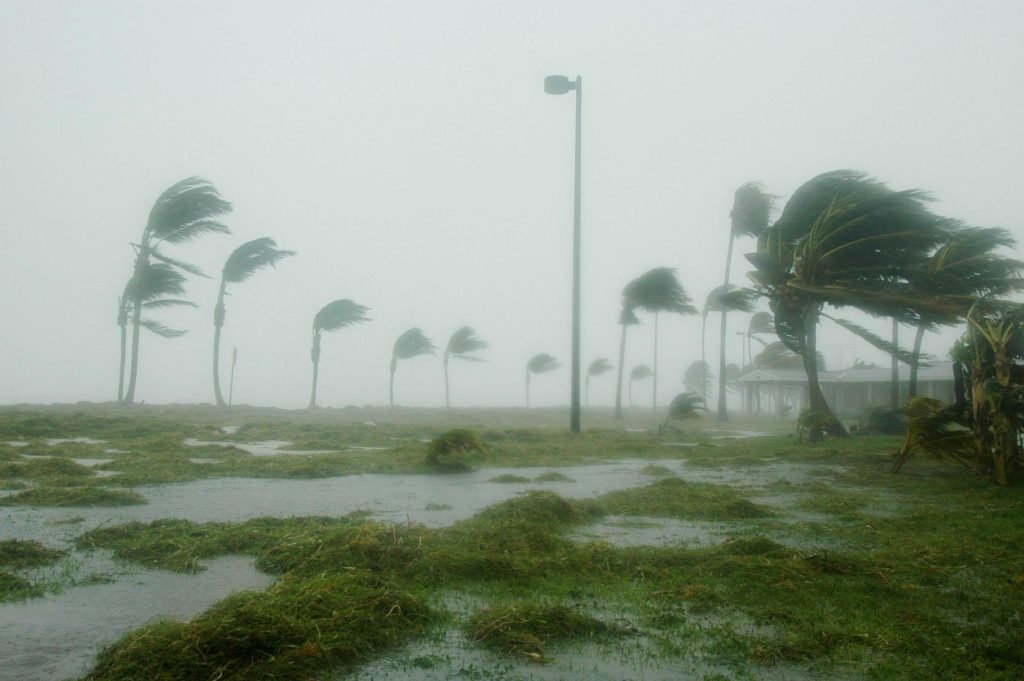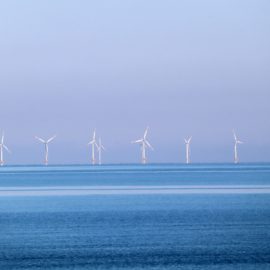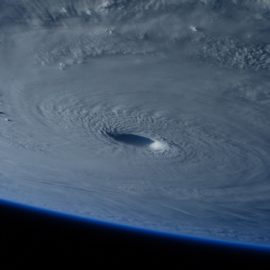
Prepare! Another active hurricane season is coming.
Gov. John Bel Edwards urged Louisianans on Wednesday to begin preparing now for this year’s hurricane season, with the state expected to face another active year. Members of Edwards’ cabinet highlighted the issues of sheltering and generator safety while calling on the public to make their own efforts to be prepared. Southeast Louisiana will enter the season with painful memories of last year’s Hurricane Ida, one of the strongest storms to ever hit the state, not to mention the long list of past storms. Hurricane season begins June 1 and ends November 30.
nola.com
Know what you need to do and don’t depend on the state for help.
“Don’t leave it up to the state,” Edwards said at a press conference. “Quite frankly, we can’t go out and make sure you have your supplies on hand, that your plan is formulated, that you know what to do in the event of a natural disaster.” National Weather Service meteorologist Benjamin Schott said this season is expected to see an above-normal level of activity. The Pacific Ocean is still experiencing the effects of a La Niña, which indicates that the Atlantic Ocean will likely have more storm activity. “In the end there could be 10, 20 or however many storms forming,” Schott said. “But unfortunately, as we’ve experienced over the last two years, it only takes one.”
If you have a generator, practice safety.
Fire Marshall Butch Browning reminded residents to always practice generator safety to avoid burns and carbon monoxide poisoning. “We have some big concerns of the dangers of carbon monoxide,” he said. Portable generators should always be used outside, and kept 20 feet away from the home. They shouldn’t be near cracks or entryways to prevent carbon monoxide from leaking into the house. They also require 20 minutes to cool down before refueling to prevent gas leaks from igniting and potentially burning you. In-home generators have also been the cause of carbon monoxide poisoning in the past. Browning asked those who use them to have them inspected to make sure they are properly installed and maintained to prevent leakage.
Make a plan for sheltering in place or, if you are going to a shelter, check that it is open.
Marketa Walters, secretary for the state Department of Children and Family Services, urged residents to make a plan for where they can shelter and what route they can use to get there. She added that residents should check if their shelter is open, as local shelters normally open before state shelters. “All disasters start local,” Walters said. “Your local emergency preparedness officer is your first stop.”
In other words, plan for the events.



